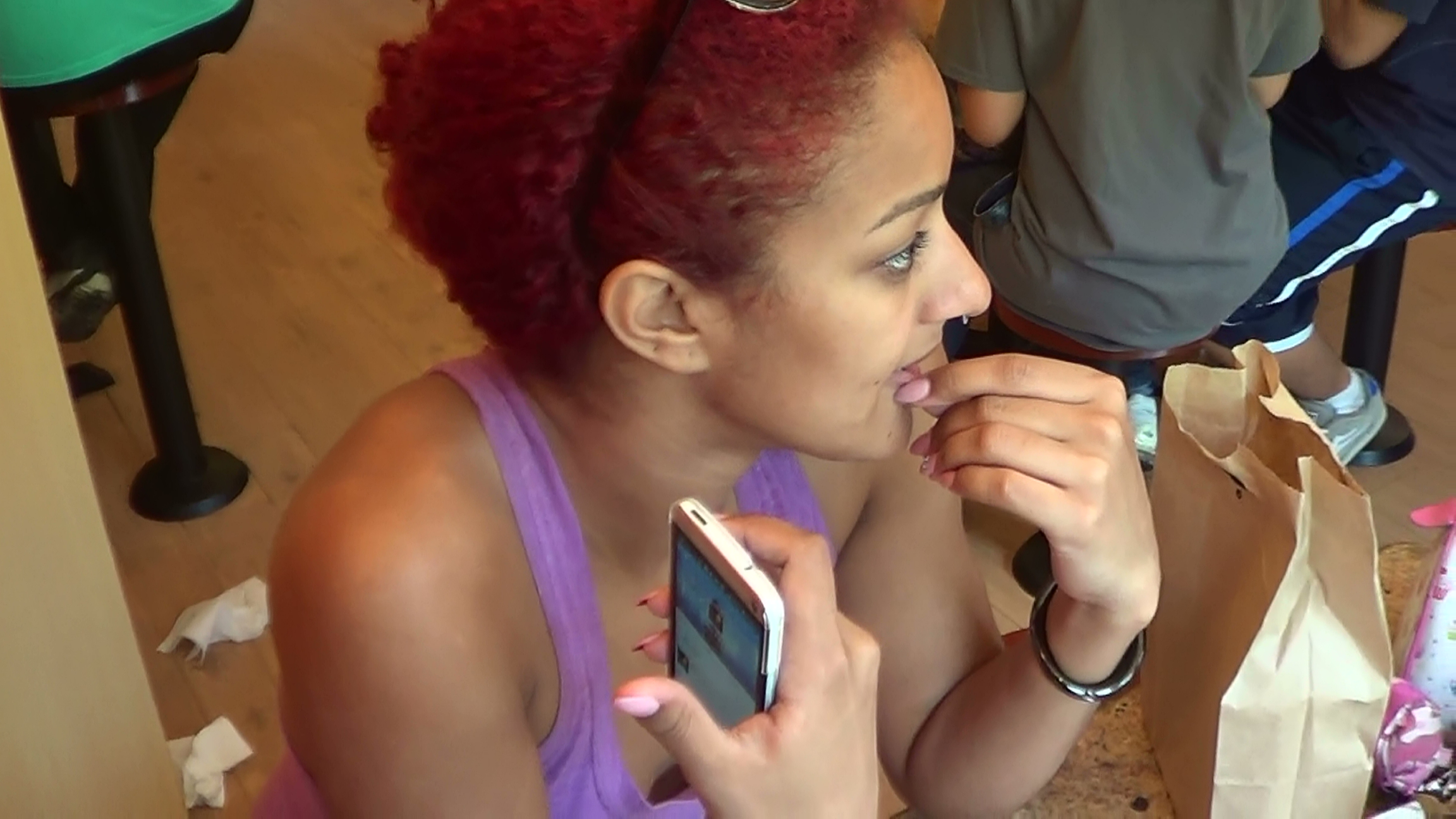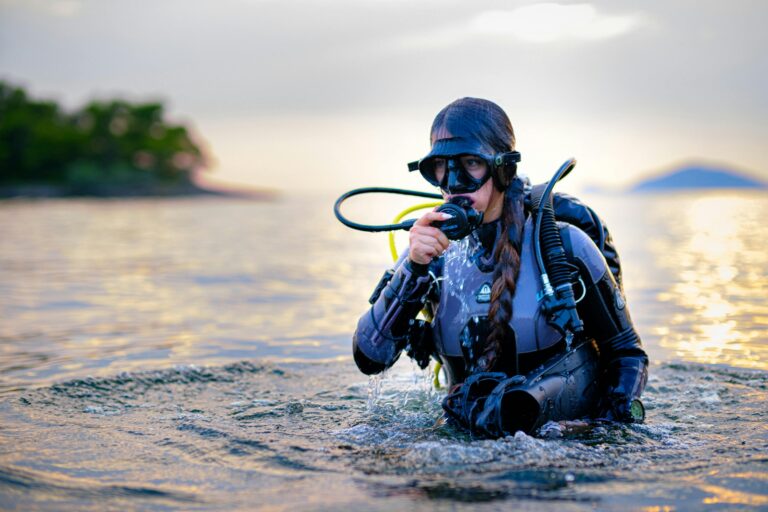
Six months later in a crowded room lined with other female wrestlers vying for the lion’s share of the producer’s budget, the Magazine Reporter’s attention and the session gentlemen’s fantasies; wouldn’t it be great to have a Photographic Memory since you’ve met and seen most of them before?
That would indeed be wonderful if such a thing as a photographic memory actually existed.
In a well-researched 2012 article published by scientificamerican.com, they explain, “The intuitive notion of a “photographic” memory is that it is just like a photograph: you can retrieve it from your memory at will and examine it in detail, zooming in on different parts. But a true photographic memory in this sense has never been proved to exist.
Most of us do have a kind of photographic memory, in that most people’s memory for visual material is much better and more detailed than our recall of most other kinds of material. For instance, most of us remember a face much more easily than the name associated with that face. But this isn’t really a photographic memory; it just shows us the normal difference between types of memory.”
How does an exceptional, perhaps photographic, memory come to exist? It depends upon a variety of factors, including our genetics, brain development and experiences.
The site braintropic.com adds, “Most people can have “bursts” of eidetic memory, also known as “sporadic eidetic memory.” Ever have a really traumatic or maybe incredibly pleasant event in your life that you can close your eyes, and almost reach out and touch? That ability to recall the event as if you were just there is an example of you using sporadic eidetic memory. It is unclear whether this type of memory is trainable or not as it seems to occur only in events in our lives that affected us deeply.
True eidetic memory is near unachievable for most us but for those looking to improve their memory in a way useful for practical application, such as work or schooling, you might want to look into photographic memory training. This is a type of eidetic memory that is much more achievable for the average person. Photographic memory is remembering the exact details of something you have seen.”
The well respected writer Kevin Green has studied memory and brain function for years and has created a resource to help people develop stronger memory storage and retrieval techniques.
Here is what he has to say about the subject.
Everyone has seen movies or read books where a character has the uncanny ability to remember everything he or she sees down to the finest detail. These fictional characters have photographic memories, the envy of all who observe their talent. The question that arises, though, is how do you develop a photographic memory yourself? Is it something that’s even possible?
We know that we use only a small fraction of our brain’s full potential. We also don’t understand much of how the brain works, although research gives us more insight every year. Whether or not you will have the ability to just look at a page from a phone book and remember names and numbers years later, there are things that you can do right now to beef up your memory skills and enhance your brainpower.
Be Discerning: There’s a fine line that you need to learn to walk in order to improve your ability to memorize. On the one hand, you need to be observant, noticing and processing all of the details necessary to commit the facts to your brain. On the other hand, you also need to be somewhat discerning with what you loading into your mind. Try to filter out extraneous information so as to reduce the workload on your brain in order to make storing and recalling more efficient.
Visual Association: The use of visual association has been around for centuries and involves associating information that you are learning with objects that you picture in your mind. Some people believe that visual association is relatively a new technique, which is not true. The basic principle behind visual association is to connect unique and unrelated topics with images, and thus recollect these topics by the images associated with them.
Improving Focus: Improving focus is very important when it comes to approaching the concept of a photographic memory for yourself. Some of the oldest yet most effective techniques to improve anyone’s focus are meditation and yoga. If you have problems in concentrating, these are two effective techniques that will dramatically improve your ability to concentrate. Without being able to filter out distractions, it can make it quite difficult for you to learn new information. Moving to a quiet, isolated area and playing classical music in the background are two easy steps to create an ambience amenable to study.
Puzzle Games: Solving puzzles and playing games are not only great exercises for the mind, but they also allow you to engage others socially, which we know has a positive impact on cognitive function. There are many ways to improve your memory by playing puzzle games. You can play with your friends and challenge yourself by competing with others, finding tougher opponents to stretch your skills. Another idea is to play a game or solve a puzzle with an eye toward completing your goal in as short a time frame as possible. There are many games and puzzles out there that can hone your memory and problem-solving abilities.
These techniques are very easy to follow and you don’t need a whole lot of resources to invest in. Taking the time to invest in improving your recall abilities is a worthwhile endeavor. Even if you may not achieve the fabled photographic memory, you can still improve a skill which will benefit you greatly both personally and professionally.
~ ~ ~
Some may find other women’s wrestling sites erotic in nature. If you are offended by depictions of women wrestling in erotic situations, please exercise caution in visiting women’s wrestling sites.
Femcompetitor.com subscribes to fciwomenswrestling.com news source, no affiliation.
Sources: brainyquote.com, Wikipedia, fciwomenswrestling.com, fciwomenswrestling2.com, FCI Elite Competitor, https://femcompetitor.com, photos thank you Wikimedia Commons.
http://www.articlecity.com/articles/self_improvement_and_motivation/article_9279.shtml
http://www.scientificamerican.com/article/i-developed-what-appears-to-be-a-ph/
http://www.improve-memory-skills.com/eidetic-memory.html
http://www.braintropic.com/photographic-memory/
http://commons.wikimedia.org/wiki/File:Canon_IXUS_430.jpg#/media/File:Canon_IXUS_430.jpg
http://commons.wikimedia.org/wiki/File:SemaKorkmaz_portrait.jpg#/media/File:SemaKorkmaz_portrait.jpg



